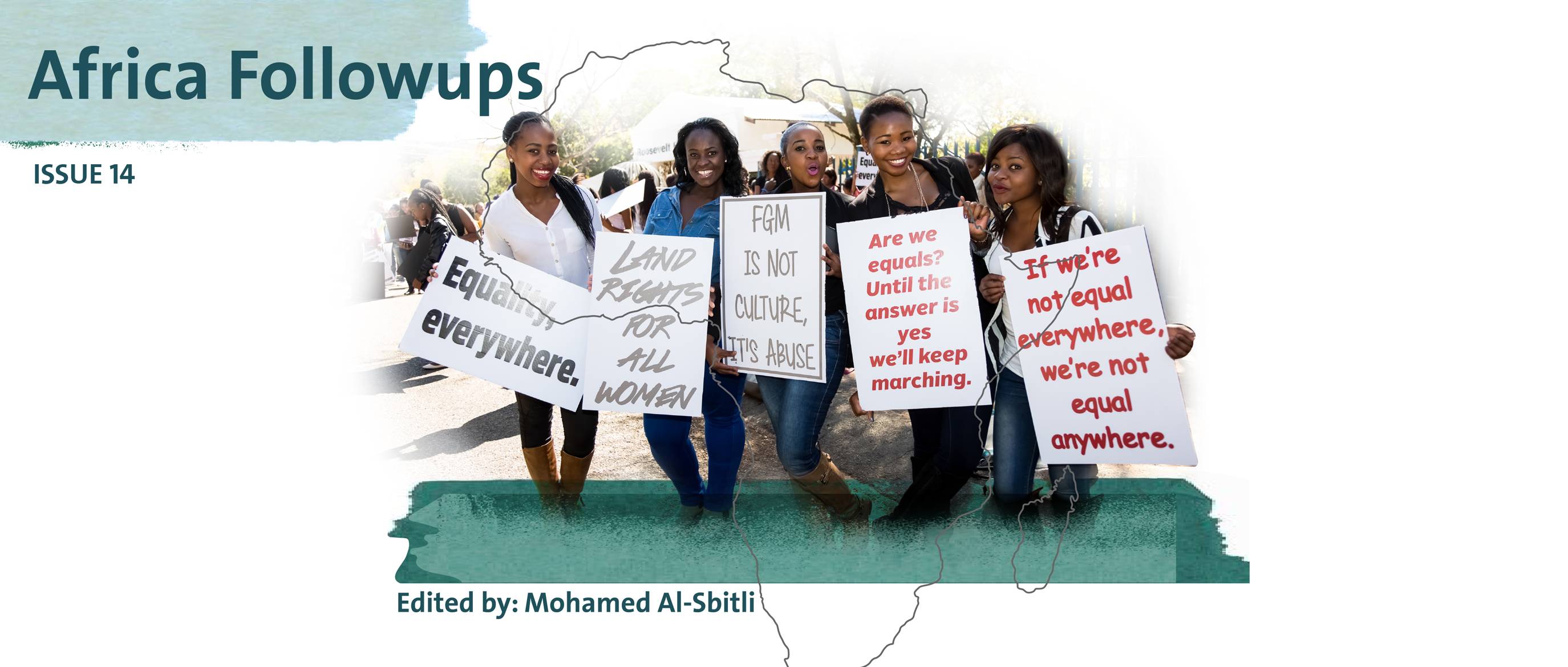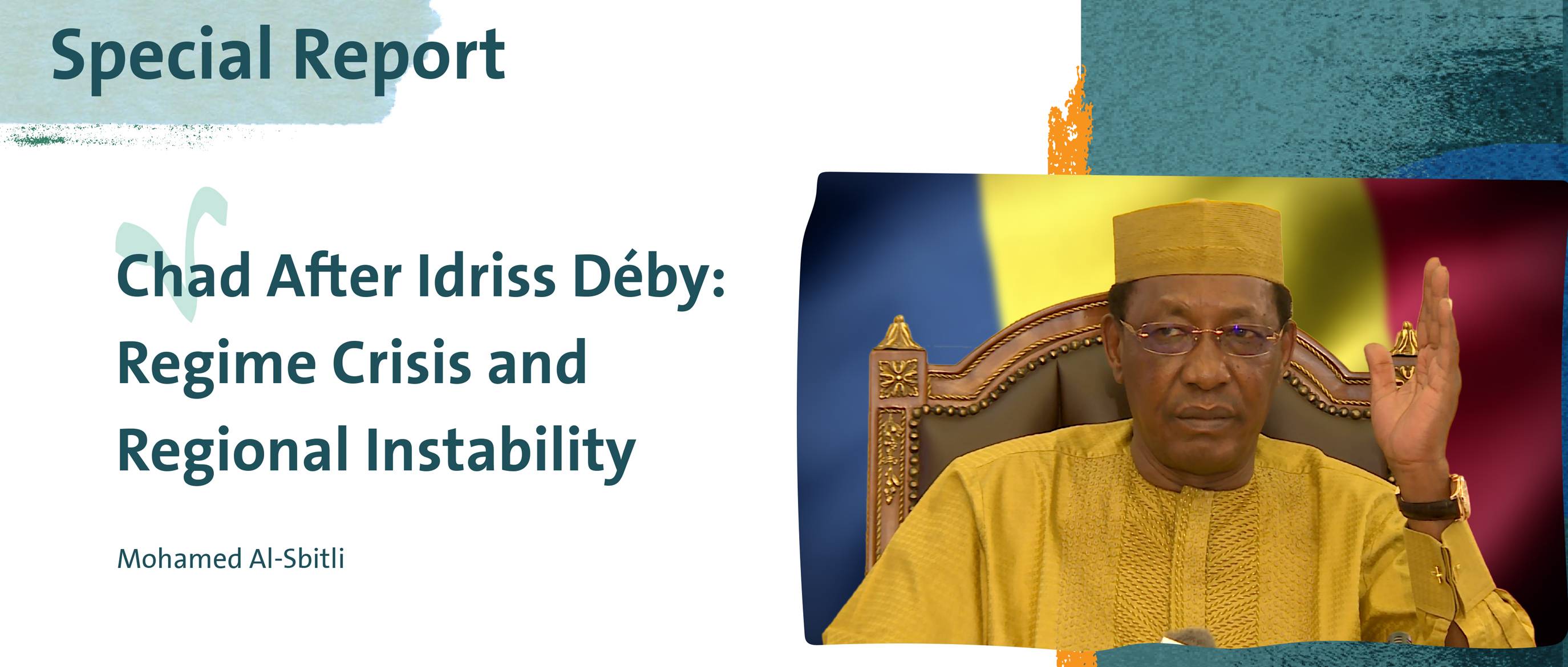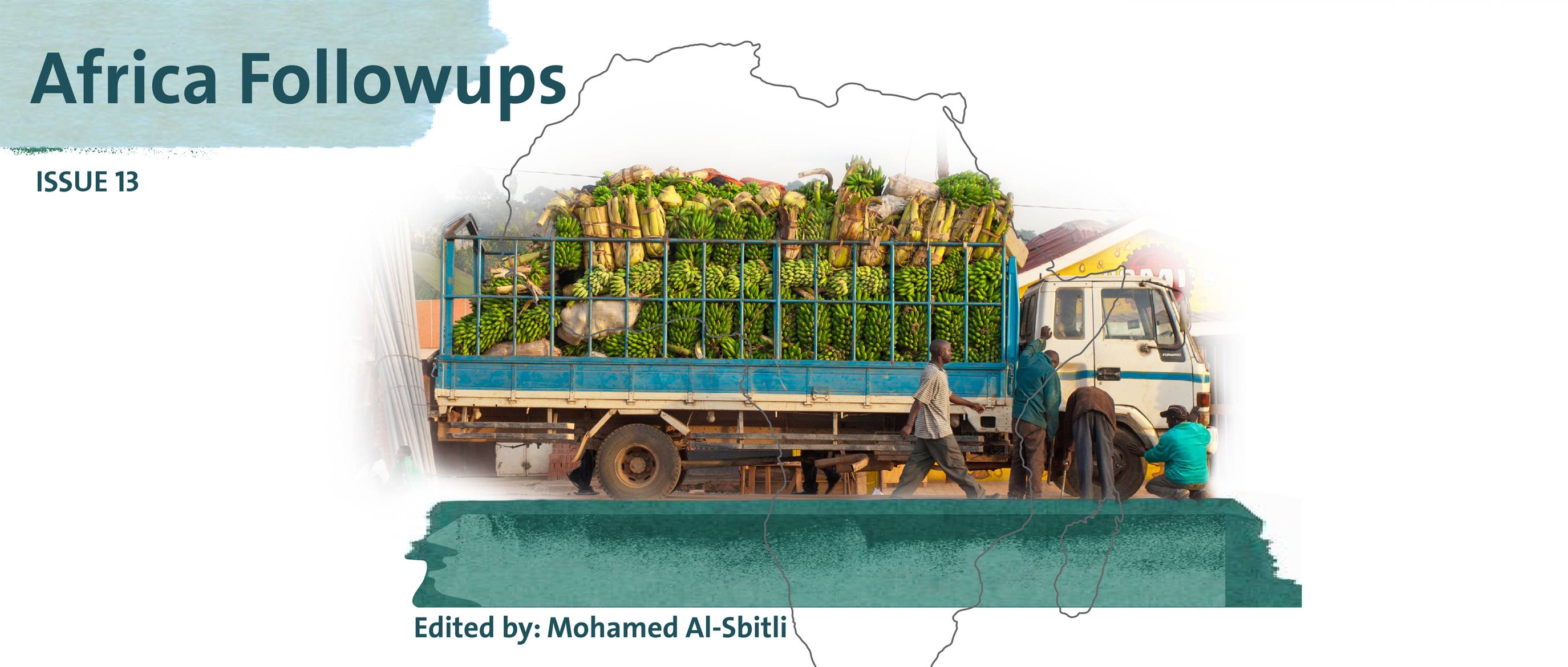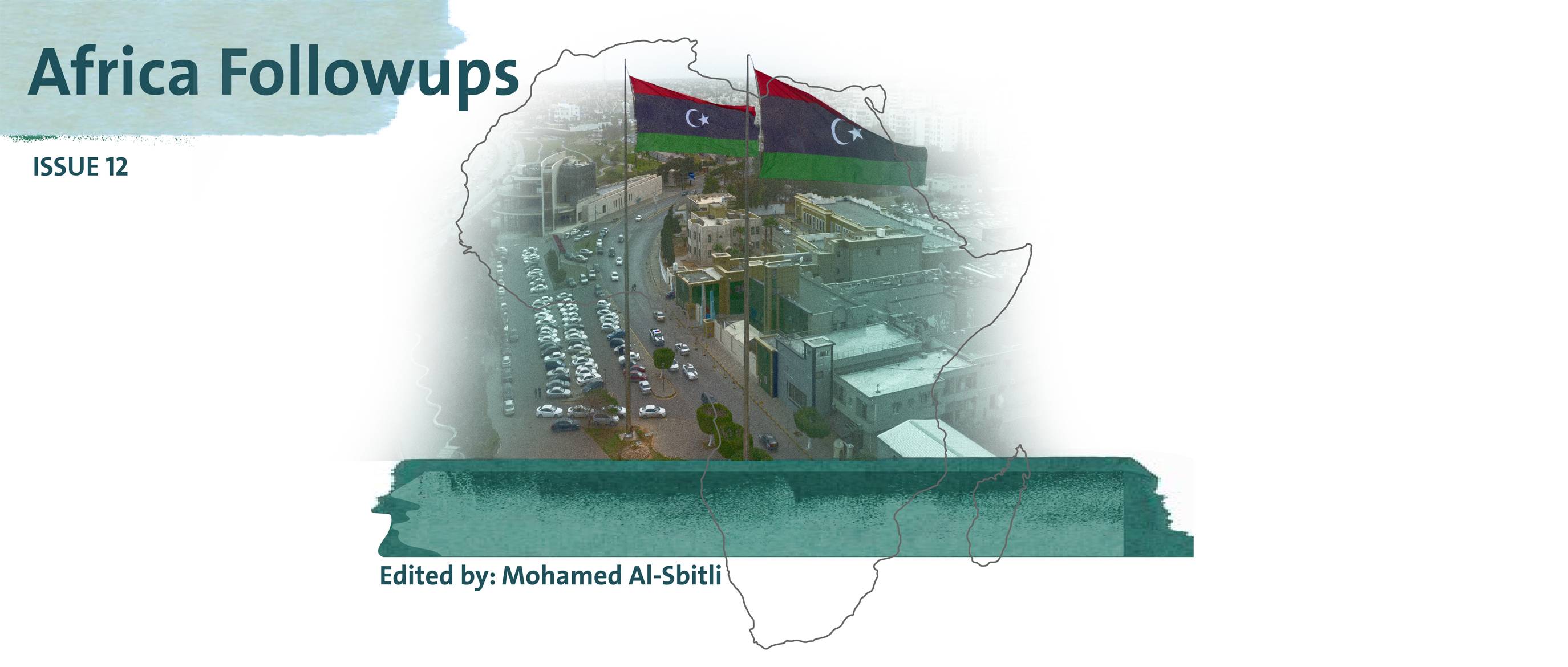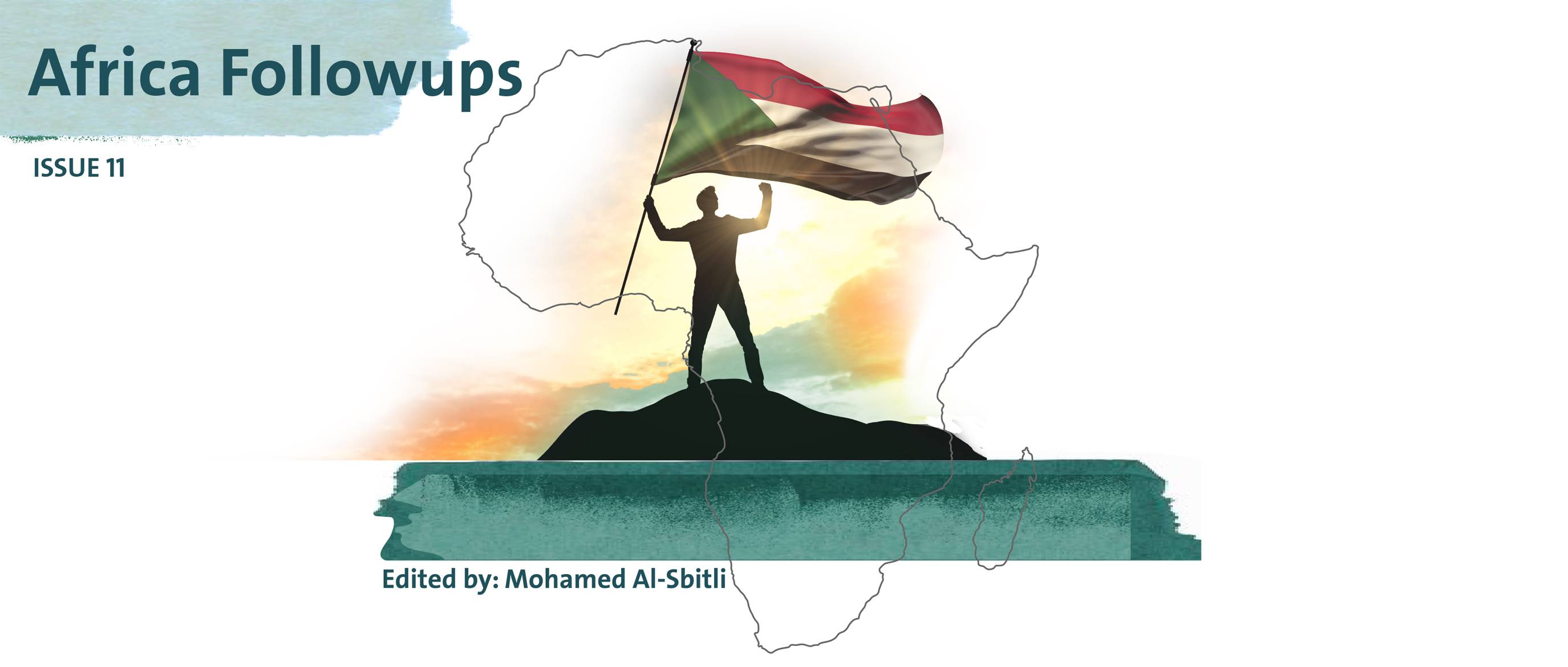Research Papers
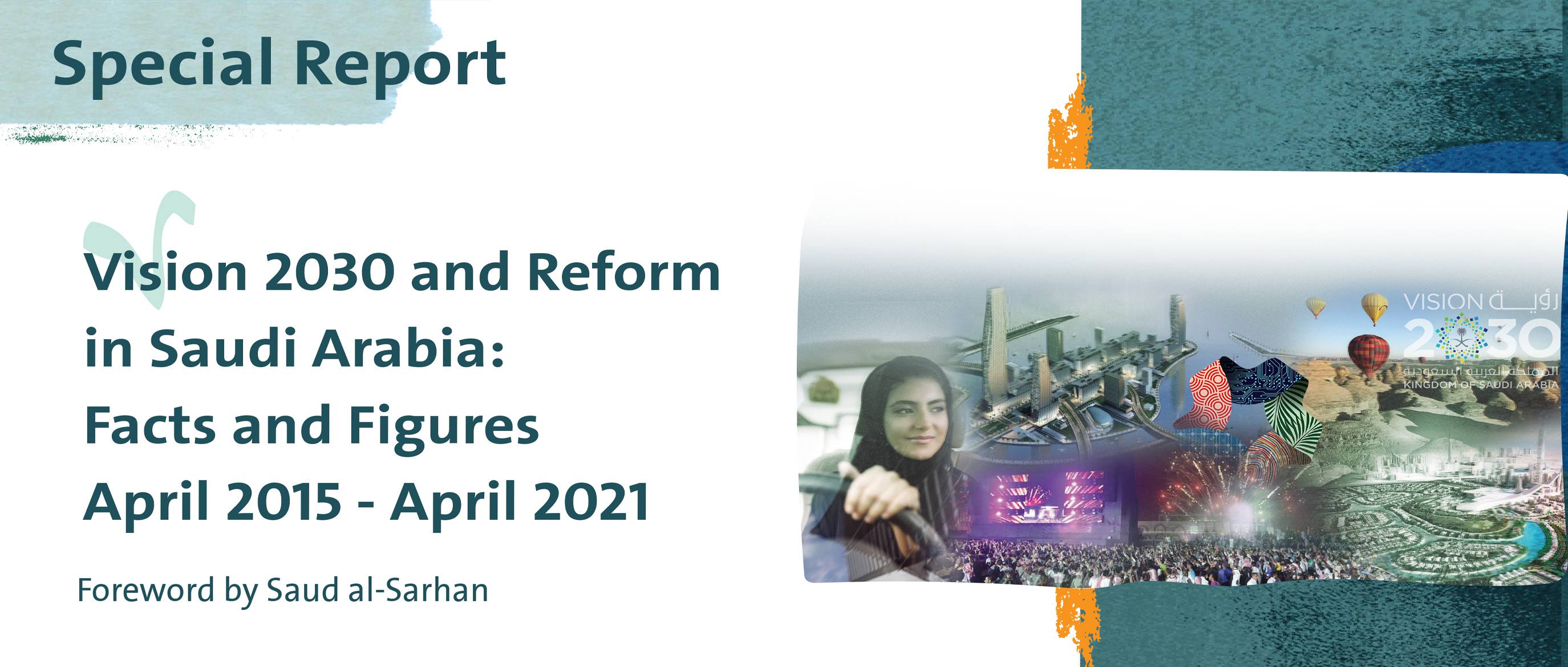
Number:
Author: Foreword by Saud al-Sarhan
This KFCRIS report provides the historical context to the achievements of Saudi Vision 2030, through a five year overview of key decisions and initiatives that have facilitated the delivery of Vision 2030 objectives. This timely report underscores the extent and the significance of Saudi Arabia’s societal and economic reform initiatives, which have been welcomed by the Kingdom’s primarily youthful population, and highlights the speed of their formulation and implementation. This wide ranging list of societal and economic reforms in a single document offers an invaluable resource for academics, researchers, policy-makers and media representatives, among others.
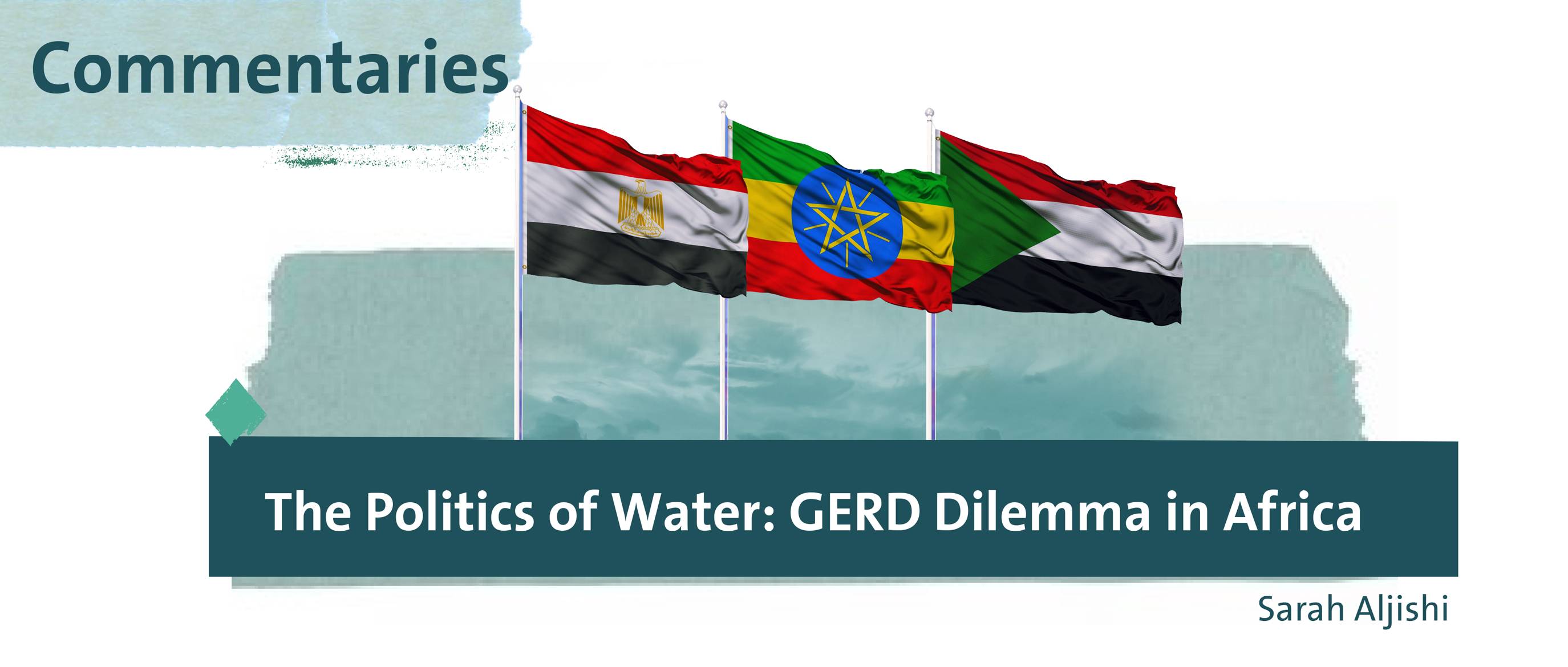
Number:
Author: Sarah Aljishi
The Grand Ethiopian Renaissance Dam (GERD) on the Nile river, the world’s longest river, is part of Prime Minister Abiy Ahmed’s vision to transform Ethiopia into a major regional player, and to a unite what is now a divided Ethiopia. However, negotiations between Egypt, Sudan, and Ethiopia, the three states sharing the river, on how to operate and allocate this water supply has come to a deadlock. In 2011, Ethiopia officially announced the construction of the GERD, and these three states have been in negotiations ever since. The African Union (AU) led by South Africa has been involved as mediator in these negotiations to ease tensions between the nations, and make su
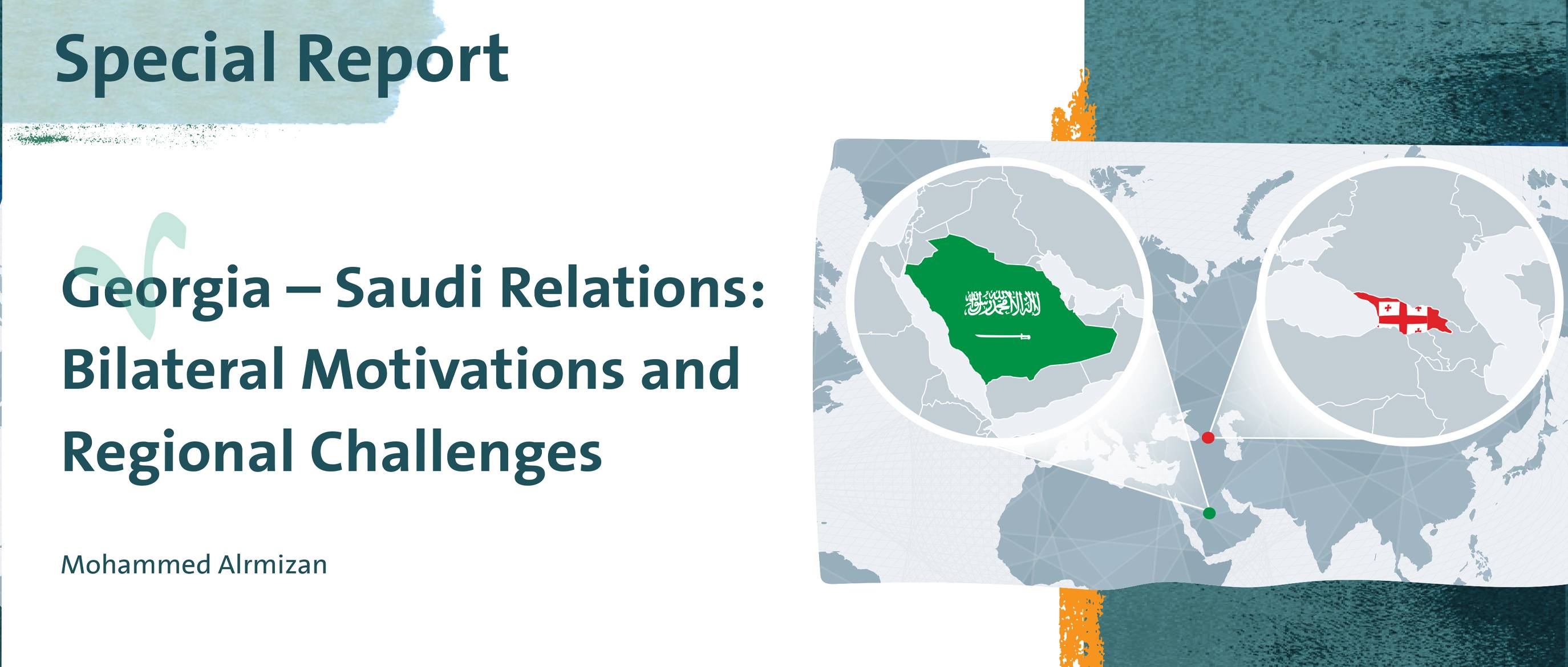
Number:
Author:
As a part of the series of reports on Saudi bilateral relations in the South Caucasus, following the latest two, Azerbaijan and Saudi Arabia (2019) and Armenia and Saudi Arabia (2020), this third and last report in the series focuses on those of Georgia and Saudi Arabia. First, it provides a brief historical account of Georgian politics. Secondly, it examines the geopolitics in the South Caucasus, including territorial conflicts inside Georgia with Russia while considering Caucasus neighbors, Azerbaijan and Armenia, and regional players such as Turkey on one hand and Iran on the other. Thirdly, the report moves to shed light on the Georgia’s international relations, mainly
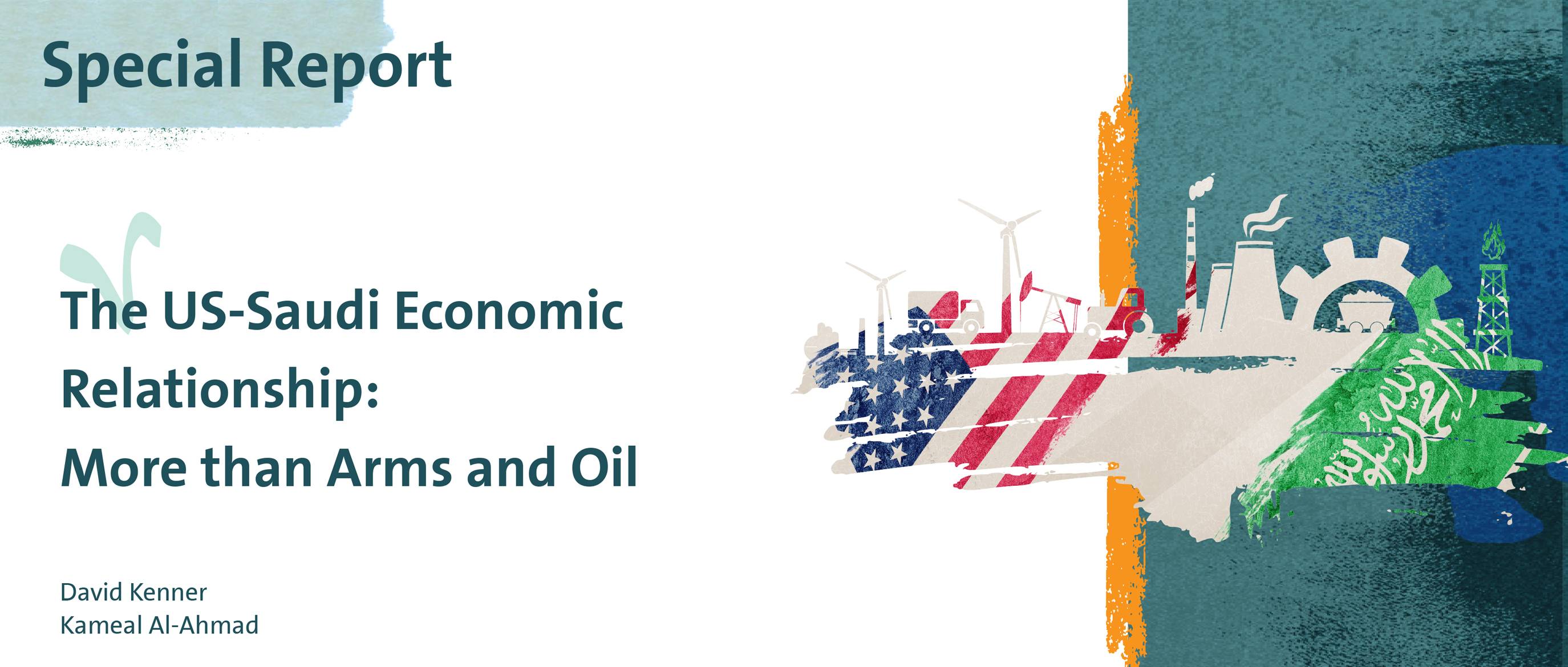
Number:
Author: David Kenner and Kameal Al-Ahmad
This paper provides an overview of the US-Saudi economic relationship, excluding oil and arms sales. It begins by describing the growth of US exports to Saudi Arabia and the influx of Saudi students to the United States, and their impact on the US economy. It goes on to discuss US businesses’ investment in Saudi Arabia and their participation in new economic sectors opened by the Vision 2030 reforms. And it concludes with an examination of Saudi investments in the United States through a variety of privately and publicly owned institutions.
The paper’s authors reach the conclusion that the economic relationship between the two countries is more co
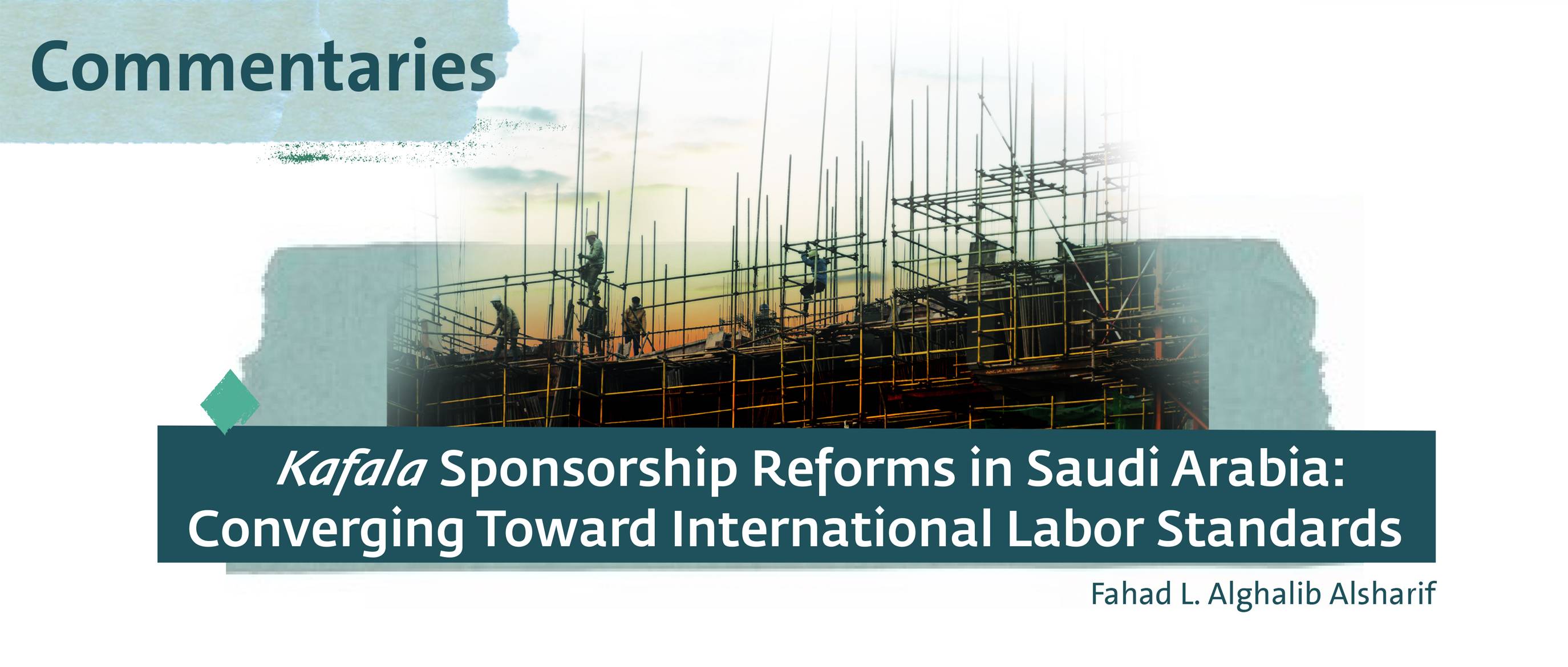
Number:
Author: Fahad L. Alghalib Alsharif
In recent decades, the Gulf states’ kafala sponsorship system (henceforth “kafala”) has been systematically scrutinized due to widespread violations of international labor and human rights conventions and norms. While some Gulf states have previously attempted to reform their kafala, Saudi Arabia has boldly announced comprehensive labor reforms in October 2020 by rigorously imposing strict and clear Islamic rules, which are principally rooted in fair and just treatment of migrant labor. These kafala reforms are in line with Saudi Arabia’s economic and political interests, as well as complementary to its Islamic religiou

